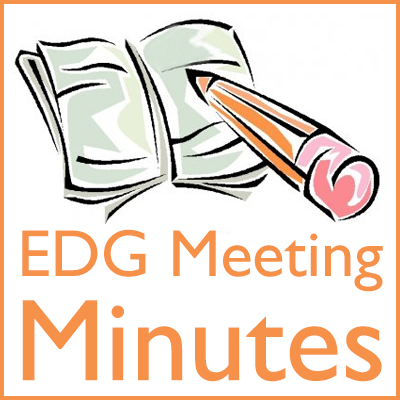Longitudinal Small Business Survey 2017: SME Employers
- Thirty-six per cent of SME employers reported growth in turnover (value of sales) since a year previously. Forty-three per cent had approximately the same turnover and 19 per cent had a fall in turnover. These proportions were similar to those seen in 2016 and 2015.
- Forty per cent of SME employers expected turnover to increase in the next 12 months, 47 per cent thought it would remain roughly the same and eleven per cent thought it would be lower. These proportions were almost exactly the same as those seen in 2016.
- Thirty-seven per cent of SME employers employed more people than 12 months previously. This proportion was significantly lower than 2016, down eight percentage points, and was mostly seen in a decline in the proportion for micro businesses (down ten percentage points on 2016). Thirty-two per cent employed the same number and 31 per cent employed fewer.
- Around thirty-five per cent of SME employers introduced new or significantly improved goods or services, twenty per cent introduced new or significantly improved processes. These levels are consistent with 2016, but lower than 2015. Just over one in four of the goods or services innovations were new to market, and one in five of the process innovations were new to industry.
- Forty-nine per cent of SME employers had arranged or funded training in the previous year. This was six percentage points lower than in 2016, and the lowest proportion of SME employers funding training since the surveys began in 2010.
- Thirteen per cent of SME employers had sought external finance in the 12 months preceding interview. This was the same proportion as in 2016, but demand for finance has been in decline since 2010, when the proportion that sought finance was double that in 2017.
- Twenty-nine per cent of SME employers had sought external information or advice in the last 12 months, and this was more likely for larger SMEs. This was a slight increase on 2016.
- Sixty-two per cent of businesses planned to grow their turnover over the next three years. This was the lowest figure yet seen since the survey began in 2007/08 – four percentage points lower than in 2016, and seven percentage points lower than in 2015. This fall on 2016 was most notable for micro businesses – where the proportion seeking growth was four percentage points lower than in 2016.
- The most commonly cited obstacle to business success was competition in the market, which was mentioned by about half of SME employers. As in the previous year, the three other most cited obstacles were regulations and red tape, taxation, and staff recruitment and skills.
- Nearly two thirds of SME employers either considered that UK exit from the EU would not have an impact on their business or did not know. About one quarter thought it would be detrimental and one tenth thought it would be beneficial. This was roughly the same as in 2016.
- Forty-two percent of SME employers that considered EU Exit to be either beneficial or detrimental to their business said they felt prepared for it, compared with 26 per cent who felt they were unprepared.
- Nineteen per cent of SME employers were majority-led by women. This figure was just one percentage point lower than in 2016, but two percentage points lower than in 2015.
- Four per cent of SME employers were majority led by people of a minority ethnic group (MEG-led). There was no statistically significant difference in the overall proportion of MEG-led businesses between 2015 and 2017.
- Ten per cent of SME employers were social enterprises, 16 per cent socially-orientated SMEs, and five per cent were traditional non-profit organisations.
All differences discussed in this report are statistically significant at the 95% confidence level, unless otherwise stated.
SME employers are defined as businesses with between one and 249 employees.






